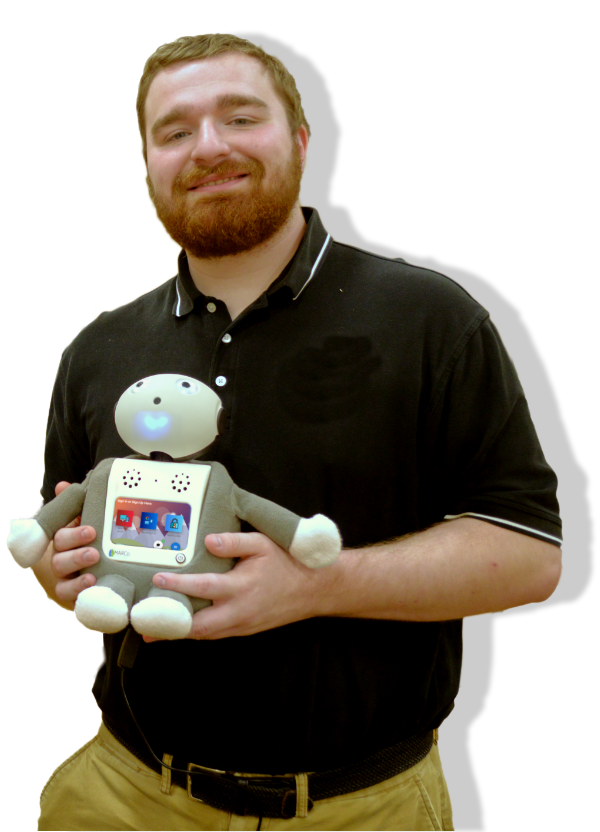 In recent years, the use of artificial intelligence (AI) in healthcare has become increasingly prevalent. One area where AI is making a significant impact is in mental health care. AI chatbots are being used to provide support, information, and even therapy to people with mental health conditions.
In recent years, the use of artificial intelligence (AI) in healthcare has become increasingly prevalent. One area where AI is making a significant impact is in mental health care. AI chatbots are being used to provide support, information, and even therapy to people with mental health conditions.
The potential benefits of AI chatbots for mental health care are numerous.
-
Accessibility: Chatbots are available 24/7, which can be a major advantage for people who live in rural areas or who have difficulty accessing traditional mental health services.
-
Affordability: Chatbots are typically much more affordable than traditional therapy.
-
Anonymity: Some people may feel more comfortable talking to a chatbot than to a human therapist.
-
Non-judgmental support: Chatbots can provide non-judgmental support and encouragement, which can be helpful for people who are struggling with difficult emotions.
-
Education: Chatbots can provide information about mental health conditions and treatments.
-
Self-help tools: Chatbots can offer self-help tools and exercises, such as relaxation techniques and cognitive-behavioral therapy (CBT) exercises.
Potential concerns about the use of AI chatbots in mental health care.
-
Lack of human connection: Chatbots cannot provide the same level of human connection as a human therapist.
-
Misdiagnosis: Chatbots may not be able to accurately diagnose mental health conditions.
-
Inappropriate responses: Chatbots may provide inappropriate responses to users’ concerns.
-
Data privacy: There are concerns about the privacy of users’ data when using chatbots.
Therapists weigh in on the use of AI chatbots in mental health care.
Some therapists believe that AI chatbots can be a valuable tool for mental health care. For example, Dr. David Mohr, a psychiatrist at Stanford University, believes that chatbots can be helpful for providing support and information to people with mental health conditions. He says, “Chatbots can be a great way to reach people who might not otherwise seek help for mental health problems.” Other therapists are more cautious about the use of AI chatbots in mental health care. For example, Dr. Alison Darcy, a psychologist in New York City, believes that chatbots should not be used to replace human therapists. She says, “Chatbots can be a helpful supplement to therapy, but they should not be seen as a replacement for human interaction.”
AI Chatbots: The Future of Mental Health Care, or Just a Fad?
The use of AI chatbots in mental health care is still in its early stages. However, it is clear that chatbots have the potential to play a significant role in the future of mental health care. As chatbots become more sophisticated, they may be able to provide even more effective support and care to people with mental health conditions.
AI chatbots are a promising new tool for mental health care. However, it is important to be aware of the potential benefits and drawbacks of using chatbots. Chatbots should not be seen as a replacement for human therapists, but they can be a valuable supplement to traditional therapy.
You may also be interested in: RESEARCH PREPRINT – Analysis of Generative AI Large …
Meet MARCo – Your Ultimate Mental Health Ally
You don’t ever have to face your mental health struggles alone. Unlike basic mental health apps that focus on only one area of your mental health, MARCo is a Mental Health Assisting Robot Companion that takes care of all aspects of your mental well-being. Whether you’re battling anxiety, seeking solace in an existential crisis, or just need a mood boost, MARCo is your 24/7 companion.
Don’t face mental health challenges alone — bring MARCo into your life today!




